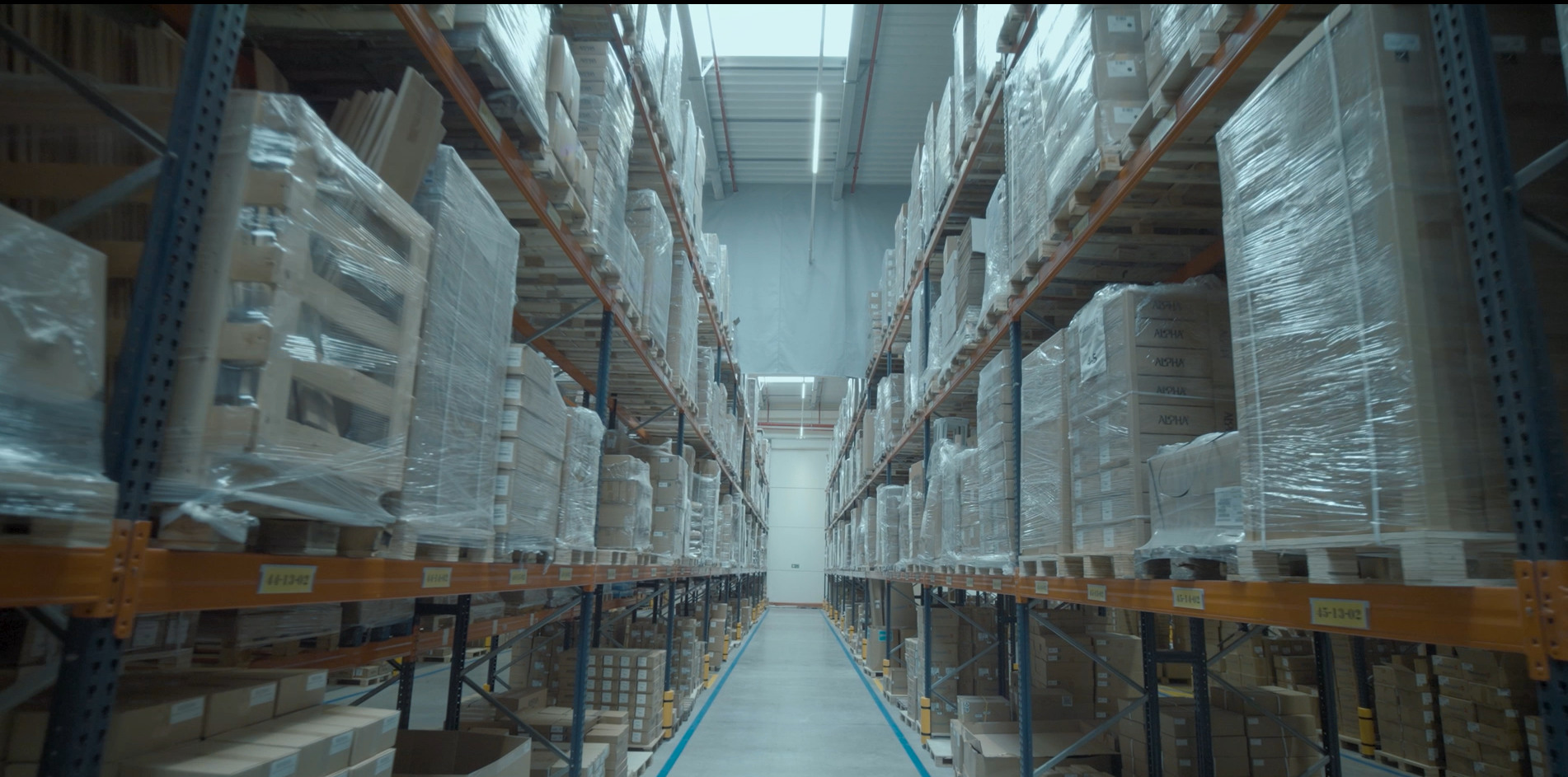In today's fast-paced global trade marketplace, efficient supply chain logistics is not just a competitive advantage, but a necessity. A product's journey from creation to delivery is fraught with challenges: from opaque visibility across vast networks to potential pitfalls that drive up costs and compromise customer satisfaction.
In comes RFID technology, a game changer that is poised to revolutionize logistics operations around the world. But what is RFID? RFID, or radio frequency identification, uses tags that promise increased visibility, unprecedented accuracy, and greater operational efficiency, enabling companies to navigate the complexities of supply chain management with unprecedented clarity.
In this article, we will explore what supply chain logistics consists of, the challenges it faces, and how RFID can offer effective solutions. Additionally, we will present success stories and answer key questions through an interview with Ferran Selva - Global Product Management RFID from Checkpoint. Get ready to discover how RFID technology can unlock new opportunities for efficiency and competitiveness in your supply chain logistics.
Improving Supply Chain Visibility
Visibility in the supply chain logistics is crucial to ensure that items reach their final destination efficiently and on time. Without adequate visibility, companies can face issues such as inventory losses, delivery delays, and poor customer service. This is where RFID technology makes a significant difference.
This technology allows companies to track products in real time using tags, providing up-to-date information on the exact location of items. Unlike more traditional methods such as barcodes, which require direct line-of-sight and manual scanning, RFID tags can be read automatically and at greater distances.
Simplifying Logistics Operations

The global logistics industry reached a value of over $10 trillion in 2022 and is expected to grow at a compound annual growth rate (CAGR) of over 5% over the next five years, according to Statista research. To address this growing trend, operational efficiency in logistics is crucial to keep costs low and meet customer expectations.
RFID automates many manual tasks in logistics. For example, instead of manually scanning barcodes, RFID-tagged products can be tracked automatically as they pass through various checkpoint readers. This automation significantly reduces human errors and increases processing speed, improving operational efficiency.
To meet the challenges of logistics environments, it's important to have solutions specifically designed for these settings with robust design and exceptional performance. Checkpoint's Tyfung™ inlay combines a long reading range and low sensitivity, making it ideal for industrial use and throughout the supply chain logistics, as well as traditional applications such as inventory control and RFID for EAS.
Optimizing Inventory Management
Efficient inventory management is essential to avoid both overstock and stockouts. Poor inventory control can lead to additional costs and missed sales opportunities. For example, in the food sector, having surplus products can result in food waste, while in the fashion industry, shortages during peak shopping periods like Christmas can lead to missed sales opportunities.
RFID in the supply chain provides an effective solution to optimize inventory management, ensuring that companies maintain the right balance of products in their warehouses. With this technology, businesses can manage their inventories more accurately and efficiently, enabling them to better respond to market demands and enhance customer satisfaction.
Automation and accuracy in inventory management are significant advantages offered by RFID. RFID readers installed in warehouses and distribution centers can identify and count products in real time, providing precise and updated data that facilitates more effective inventory management.
In conclusion, RFID technology offers a range of substantial benefits that can transform supply chain logistics by improving visibility, optimizing operations, and managing inventory more efficiently. While implementing RFID requires careful planning, the long-term benefits in terms of cost reduction, improved customer satisfaction, and enhanced business competitiveness make the investment worthwhile.
